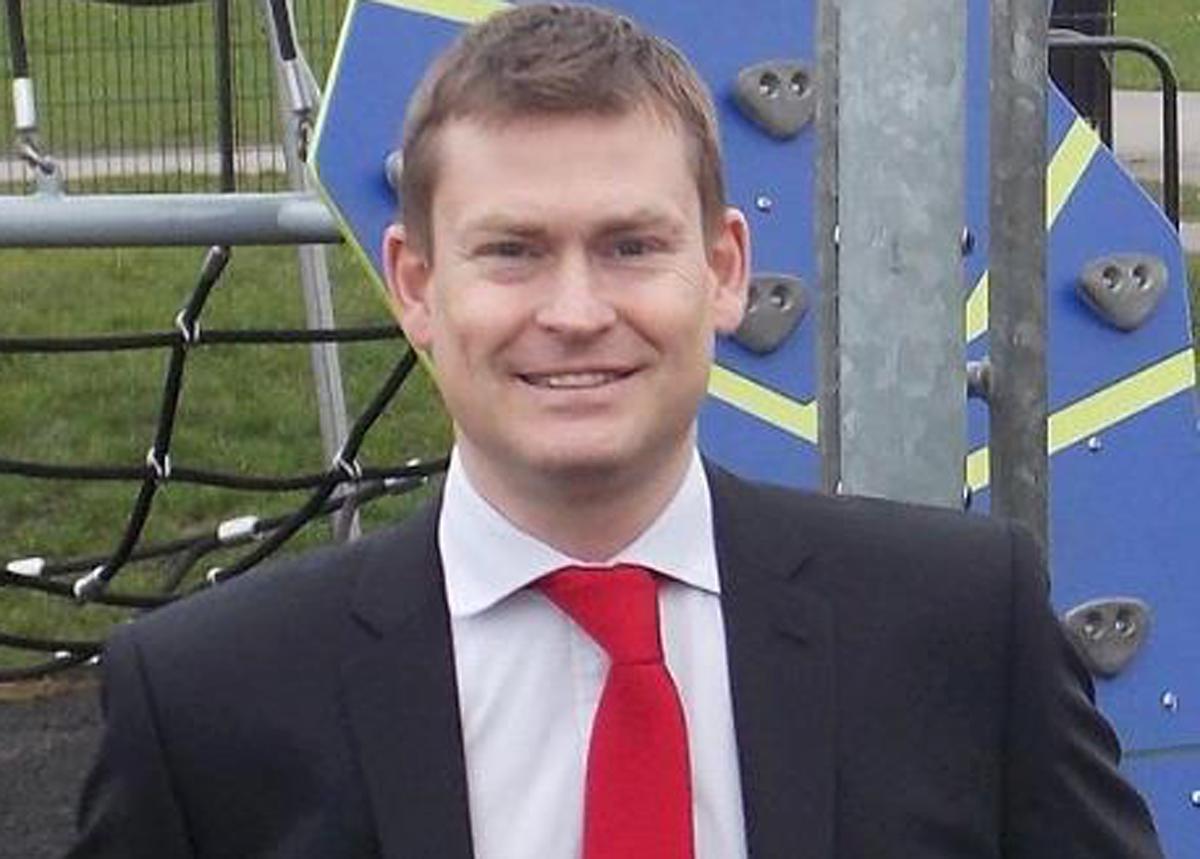see all jobs
Premier League clubs may have to invest more in grassroots facilities if bill is approved
A Labour MP has proposed that professional English football clubs should discount ticket prices for young people and plough a percentage of transfer fees into local facilities.
Justin Madders, MP for Ellesmere Port and Neston, delivered a first reading of the Football Supporters Access Bill in parliament today (30 November), which was made up of three parts.
He suggested that Premier League football clubs were not paying their fair share when it comes to the development of grassroots facilities, and that there should be a transfer fee levy for the development of local venues.
While the Premier League has pledged to spend £100m (US$124.4m, €117.4m) on grassroots sport over the next three years, Madders said the investment wasn’t enough, citing the £1.2bn (US$1.5bn, €1.4bn) spent on player transfer fees in last summer’s transfer window alone.
The MP said that even if there was a levy of just 0.1 per cent, that would mean another £1.2m (US$1.5m, €1.4m) would go into grassroots facilities.
According to the bill, league football clubs should have to heavily discount the price of 10 per cent of their ticket allocation for those under-22 in order to reduce the average age of match-goers and attract the next generation of fans.
Madders said that young football fans were being priced out of going to matches because they had a lower minimum wage and the prices of match tickets were “outstripping inflation”.
“I suspect it’s no coincidence that the average age of the match-goer in the modern day is in the 40s,” he added, pointing to a survey which showed that less than 10 per cent of crowds were from the 16-30 demographic.
In the 1980s, said Madders, 20 per cent of matchday fans were in that demographic.
The bill also puts forward the proposal that local authorities should have to consider the needs of match-going supporters when approving kick-off times in order to make away matches as accessible as possible.
He explained that while councils have to mull over safety and police advice before final approval, they should take into consideration those making considerable travel arrangements to attend.
Madders highlighted matches that kick-off at midday, or evening games, as particularly troublesome, especially for fans who have to travel hundreds of miles to spectate.
He also lamented the fact that match times – and even days – can be changed at short notice to accommodate rights-holding broadcasters, playing havoc with the existing arrangements made by travelling supporters.
The second reading of the bill will occur on 24 February 2017.
- News by sector (all)
- All news
- Fitness
- Personal trainer
- Sport
- Spa
- Swimming
- Hospitality
- Entertainment & Gaming
- Commercial Leisure
- Property
- Architecture
- Design
- Tourism
- Travel
- Attractions
- Theme & Water Parks
- Arts & Culture
- Heritage & Museums
- Parks & Countryside
- Sales & Marketing
- Public Sector
- Training
- People
- Executive
- Apprenticeships
- Suppliers





























